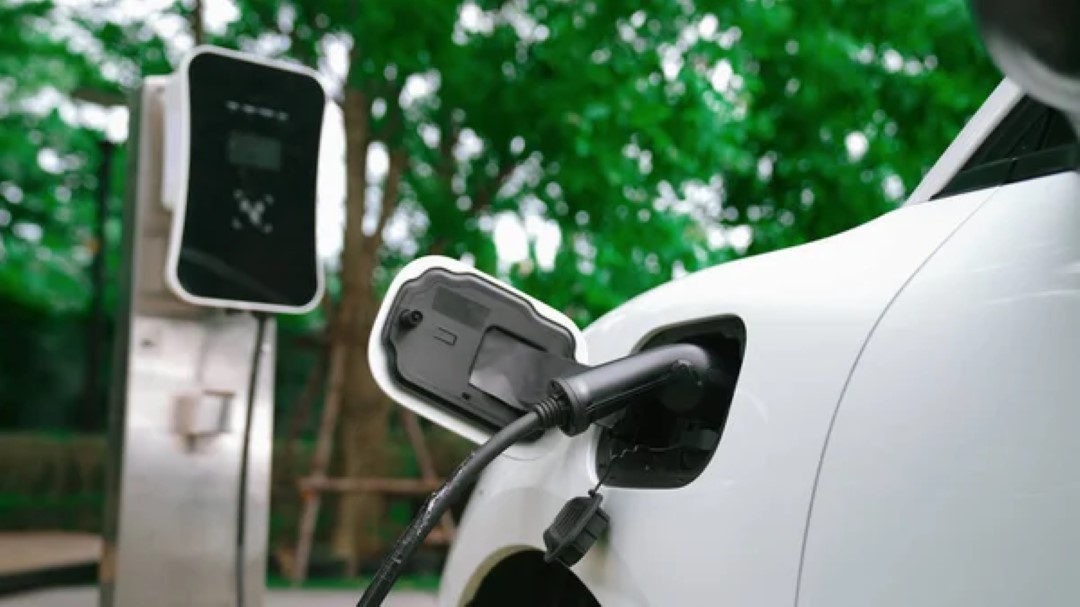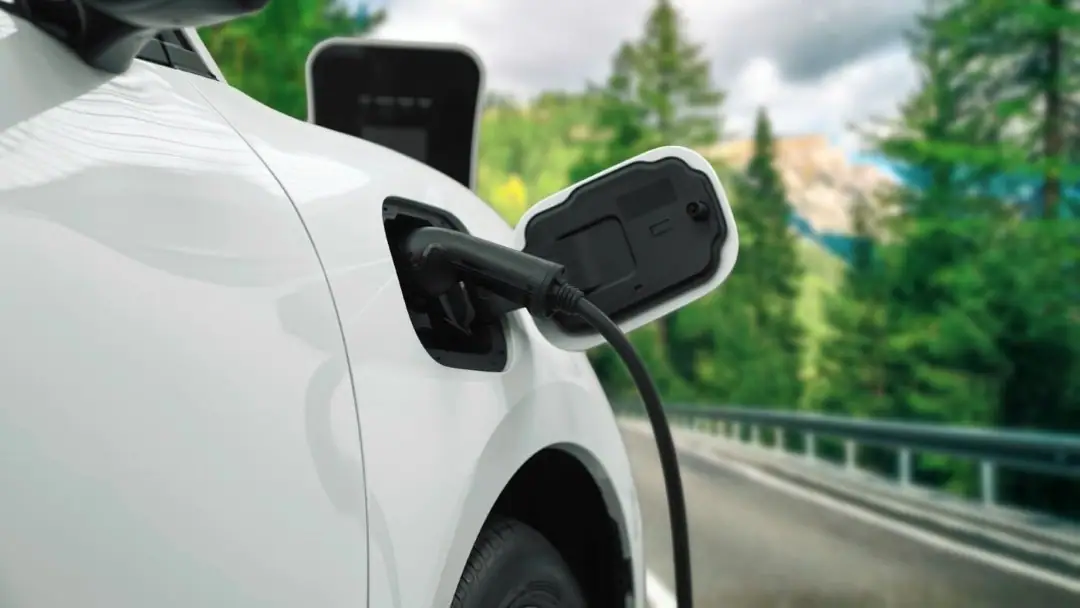In today’s rapidly evolving world, electric vehicles (EVs) have gained significant traction as a more sustainable and eco-friendly alternative to traditional gasoline-powered vehicles. This shift in consumer preferences has created a promising business opportunity for those who want to enter the electric vehicle industry. One such lucrative avenue is starting a mobile EV charging business. In this comprehensive guide, we will explore the key steps and considerations for launching your own mobile EV charging business.
Understanding the Mobile EV Charging Market
The global electric vehicle market is on the rise, with more consumers opting for electric cars to reduce their carbon footprint. This growing market provides a fertile ground for mobile EV charging businesses. To understand this business better, it’s crucial to delve into market research and familiarize yourself with the latest trends and developments in the EV industry. NLP (Natural Language Processing) can be a valuable tool for gathering insights from online forums, news articles, and social media discussions to keep up with market sentiments.
Legal and Regulatory Compliance
Before diving into the mobile EV charging business, it’s essential to navigate the legal and regulatory landscape. You’ll need to comply with local, state, and federal regulations, which may include obtaining permits, licenses, and adhering to safety standards. To ensure you’re on the right track, consult with legal experts or use NLP to identify relevant laws and regulations specific to your location.
Business Plan Development
Creating a well-structured business plan is fundamental to any successful venture. Your business plan should outline your goals, target market, pricing strategy, and financial projections. NLP tools can assist in market analysis, competitive research, and financial modeling, helping you make informed decisions.

Choosing the Right Charging Infrastructure
Selecting the right charging infrastructure is a critical decision in starting a mobile EV charging business. Consider the type of charging equipment, its charging speed, and compatibility with different EV models. An efficient and versatile charging system can give you a competitive edge in the market.
Investment and Funding
Starting a mobile EV charging business requires a significant upfront investment. You’ll need to acquire the charging equipment, vehicles, and other operational assets. Explore funding options such as loans, grants, or partnerships to secure the necessary capital. NLP can help identify suitable funding opportunities by analyzing financial news and reports.
Building a Mobile Charging Fleet
Your fleet of mobile charging vehicles is the backbone of your business. Ensure you have reliable, well-maintained vehicles equipped with the necessary charging infrastructure. The vehicles should be capable of reaching a wide range of locations to serve a diverse customer base.
Targeting Key Locations
Identifying strategic locations for your mobile EV charging services is vital. Consider high-traffic areas, popular event venues, and regions with a growing EV user base. NLP can be employed to assess local EV adoption rates and discover opportunities in underserved areas.
Marketing and Customer Acquisition
Effectively marketing your mobile EV charging business is essential to attract customers. Utilize various channels, including online advertising, social media, and partnerships with local businesses. NLP can be used to analyze consumer sentiments and preferences to tailor your marketing strategies accordingly.

Pricing Strategies
Establish competitive pricing strategies to attract and retain customers. Consider different pricing models, such as pay-per-use, subscription plans, or discounts for loyal customers. NLP tools can assist in monitoring competitor pricing and adjusting your rates accordingly.
Operational Logistics
Efficient operations are key to the success of your mobile EV charging business. Streamline your scheduling, vehicle maintenance, and customer support systems. Leveraging NLP for customer feedback analysis can help you make improvements and enhance customer satisfaction.
How much does it cost to start a mobile EV charging business? The initial investment can vary, but it often ranges from $50,000 to $150,000, depending on the size and scale of your operation. This includes vehicle acquisition, charging equipment, permits, and marketing expenses.
Are there government incentives available for mobile EV charging businesses? Some governments offer incentives and grants to encourage the growth of EV-related businesses. Research local and federal programs to see if you qualify for financial support.
What are the technical requirements for a mobile EV charging vehicle? Mobile charging vehicles should be equipped with charging equipment, suitable power sources, and safety features. The specific technical requirements may vary based on regulations in your region.
How can I ensure the safety of my mobile charging service? Prioritize safety by adhering to industry standards, conducting regular vehicle maintenance, and training your staff on safe handling of charging equipment. Implement robust safety protocols to mitigate risks.
Can I expand my mobile EV charging business internationally? Expanding internationally is possible but involves additional challenges like legal and regulatory compliance in different countries. Extensive research and partnerships are essential for international expansion.
Conclusion
Starting a mobile EV charging business presents a promising opportunity in the growing electric vehicle market. By understanding the market, complying with regulations, developing a solid business plan, and utilizing NLP tools, you can set the foundation for a successful venture. With the right strategy, infrastructure, and commitment to customer satisfaction, your mobile EV charging business can thrive in this evolving industry. So, seize this opportunity and contribute to a more sustainable and eco-friendly future for transportation.

